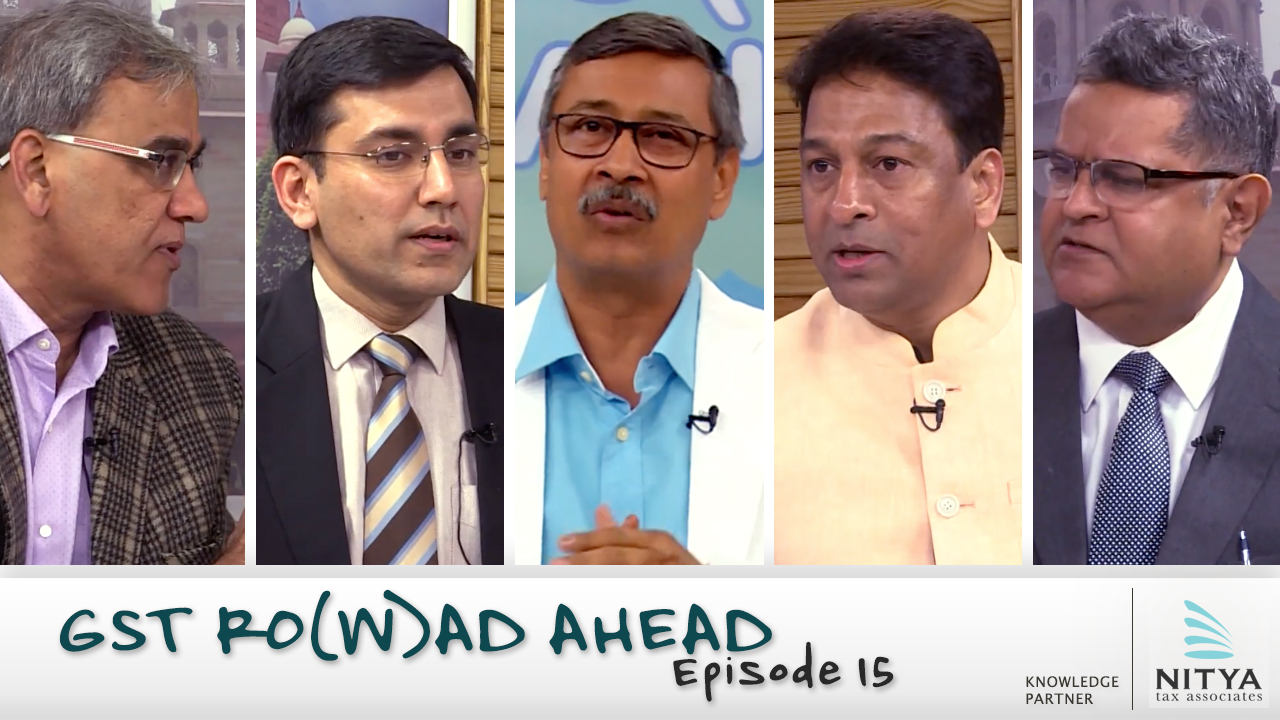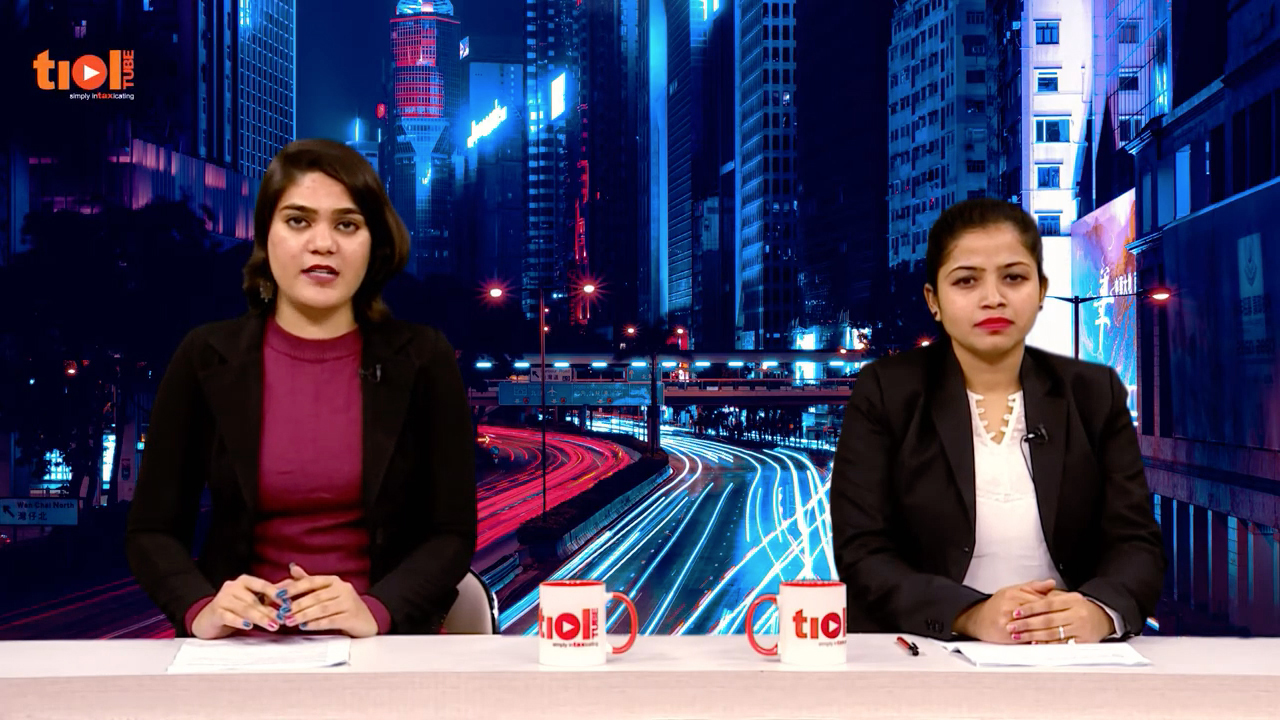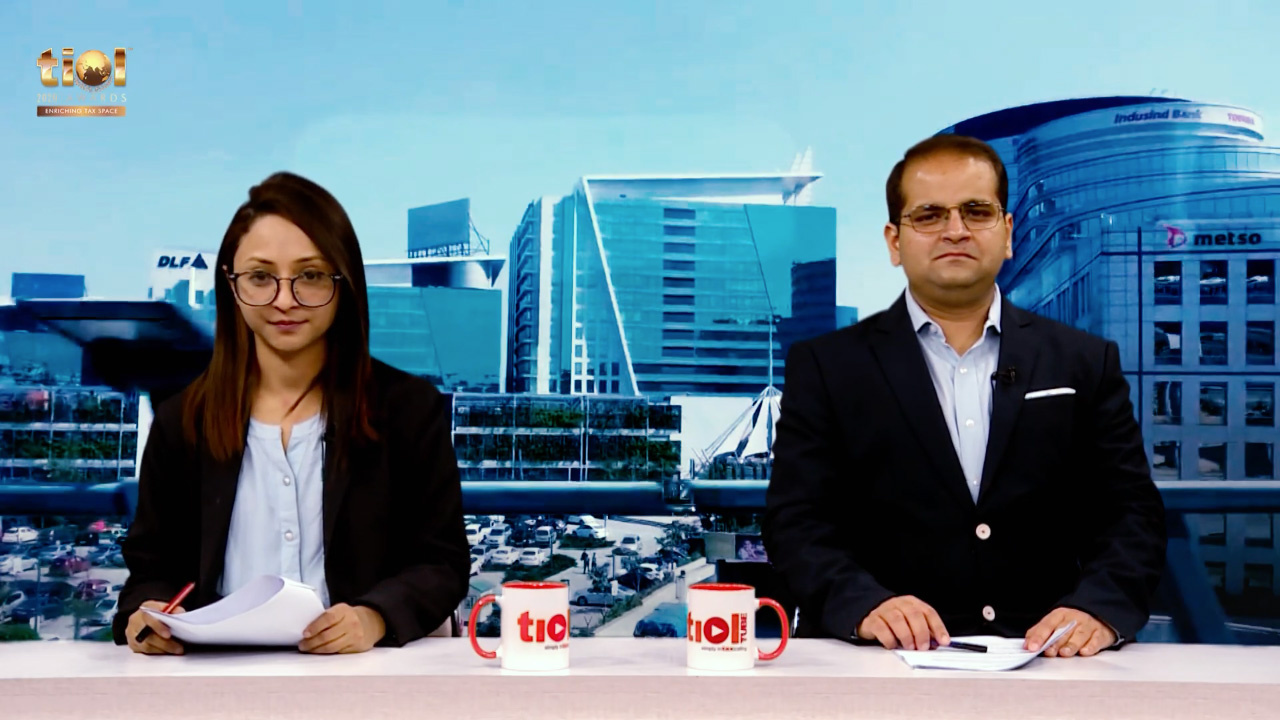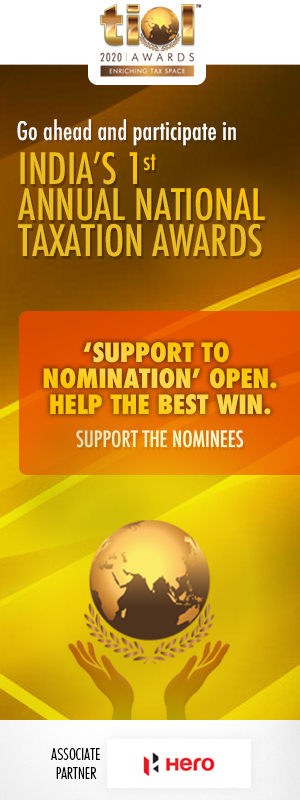| SERVICE TAX
2020-TIOL-682-CESTAT-MUM
Videocon D2H Ltd Vs CCE,C & ST
ST - The appellant is a provider of 'broadcasting service' and in that capacity, enters into agreement with customers who are provided with the 'consumer premise equipment' and it would appear that between 2009-10 and 2013-14, 17,59,504 customers disconnected the service despite which the equipment was allowed to remain at their premises leading to availment of ineligible CENVAT credit - Furthermore, another Rs. 83,84,193/- constituted ineligible availment as the said equipment had been written-off in the books of appellant - On conclusion of proceedings, the adjudicating authority confirmed a demand along with interest thereon, besides imposing penalties of like amount under rule 15 of CCR, 2004 - It is seen from CCR, 2004 that duties paid on 'capital goods' procured by a provider of output services is allowed to be taken as credit by said provider of output services - It would stand to reason that a commercial entity would not be procuring capital goods that it does not intended to utilize - On the other hand, under the generic provisions, credit that has been wrongly utilized is liable to be recovered - It is between these two that Revenue seeks to situate the appellant for enforcing its proposal to recover credit - That the appellant was a provider of output service at the time of procurement of the capital goods is not in doubt - Neither is there any question that the said goods do not conform to the definition in rule 2(a) of CCR, 2004 at the time of its receipt at the premises of the appellant - It is not in challenge that the provider of output service is unable to deploy the capital goods at any other premises for providing output service and, hence, removal to the premises of the customer does not constitute a disqualification for availment of credit - In the present dispute, Tribunal is concerned with 'capital goods' alone - Dis-connection of service is preceded by usage, even for a time, of the capital goods which suffice to continue the eligibility owing to existence as such even after service has been rendered - This is clear from the provisions of rule 3(5) of CCR, 2004 in accordance with which the manufacturer is required to reverse the credit in full when cleared as such and under rule 3(5)(a), to reverse in proportion to remenant value after being put to use and at the appropriate rate of duty in the event of transformation as 'waste and scrap' - The discharge of respective liabilities, under these varying circumstance, is contingent upon obligation to clear the capital goods against invoice as envisaged in rule 9 of CCR, 2004 - It is only upon the transfer of possession to another manufacturer/provider of output service that credit originally availed can be curtailed and for the facilitation of availment by the successor manufacturer/provider of output services - In these circumstances, and in the absence of any specific statutory provision requiring such reversal along with absence of further availment of credit by any other assessee, the impugned order is erroneous in its presumption and in application of law; the consequential demand of tax, as well as other detriments, is also not in accordance with the law: CESTAT
- Appeal allowed: MUMBAI CESTAT
2020-TIOL-681-CESTAT-ALL
Trident Auto Components Pvt Ltd Vs Commissioner, CGST & ST
ST - The assessee-company had balance of CENVAT credit of the service tax paid on input services - Upon introduction of the GST regime, it was allowed to carry forward the credit u/s 140 of the CGST Act - As there was inverted tax structure under the Goods & Service Tax regime inasmuch as the tax rate on the purchase of raw materials was 18% ad valorem whereas the same on supply of their finished products was 5% ad valorem and also under, u/s 54(3) of the CGST Act, 2017 read with the Notification No.5/2017-Central Tax (Rate), the assessee was not eligible for refund of unutilised ITC - Hence the assessee claimed refund of the unutilised CENVAT credit u/s 11B of the CEA 1944 - The adjudicating authority rejected the refund claim on grounds of limitation - Such O-i-O was sustained by the Commr.(A) - Hence the present appeal.
Held - It is seen that every refund claim arises on account of the fact that the tax in question was not required to be paid - The Apex Court in Porcelain Electric Magg. Co. vs. Collector of Central Excise, New Delhi held that refund claim had to be filed before the Department within the time limit provided under the statute and that the general law of limitation is not available - The High Court of Madras in Assistant Commissioner of Service Tax, Chennai vs. Nataraj & Venkat Associates held that refund claim beyond the period of limitation provided under law is totally barred by limitation - Even the fact that the tax was paid under a mistake of law, cannot be adopted for grant of such refund - Hence the O-i-A in question does not warrant any interference with: CESTAT
- Assessee's appeal dismissed: ALLAHABAD CESTAT
CENTRAL EXCISE
2020-TIOL-680-CESTAT-BANG
Riddhi Siddhi Gluco Biols Ltd Vs CC, CE & ST
CX - Different varieties of Maize Starch Powder manufactured by the appellant were classified under CSH No.1108 1200 and cleared without payment of duty by claiming the exemption under Notification No.3/2007-C.E. - CCE classified the products under CSH 3505 1090 and confirmed the central excise duty demand of Rs.1,10,96,148/- along with penalties etc. - appeal to CESTAT.
Held: Issue is squarely covered by a precedent decision of the Tribunal in the appellant's own case and wherein it is held that report of the Departmental Chemical Examiner who had given his personal opinion without any empirical tests or study of manufacturing process cannot be sustained - following the said decision, impugned order is set aside and appeal is allowed with consequential relief: CESTAT [para 6, 7]
- Appeal allowed: BANGALORE CESTAT
2020-TIOL-679-CESTAT-MAD
Rockman Industries Ltd Vs CCT & CE
CX - Appellants are job workers for the principal manufacturer - they have undertaken machining operations on job work basis for their principal manufacturer - They availed credit on inputs and input services used for such process of machined operations - The department was of the view that the credit availed of service tax paid on various input services is not eligible to the appellants for the reason that the activity of machining operations is an exempted service as per Notification No.25/2012-ST - demand confirmed by lower authorities, hence appeal to CESTAT.
Held: Since the appellants are doing part of the manufacturing activity, it cannot be said that the activity undertaken by them is service which is exempted under Notification No.25/2012-ST - Even if the process carried out by the appellant does not amount to 'manufacture', when Notification No.214/86-CX comes into application it has to be understood that the job worker is undertaking part of the manufacturing activity on behalf of the principal manufacturer - credit availed in respect of job work activities would be eligible to the assessee - impugned order is set aside and appeal is allowed with consequential relief: CESTAT [para 5, 6]
- Appeal allowed: CHENNAI CESTAT
CUSTOMS
2020-TIOL-678-CESTAT-DEL Century NF Casting Vs CC & Excise
Cus - The assessee-company manufactures aluminium alloys Ingots, falling under HSN Code No. 7601 for which it uses Aluminium scrap as raw material which is imported as well as procured locally and the same is imported through various ports - The assessee purchases aluminium scrap of different grade from suppliers all over the world - In the relevant period, the assessee entered into a contract with the supplier offering Aluminium scrap as per the assessee's requirements at the lowest price - The assessee filed various bills of entry declaring therein the self assessed value which was the invoice value at which the scrap was imported - On assessment, the AO re-assessed all the BoEs and enhanced the transaction value declared by the assessee, without disclosing the basis for such enhancement and worked out the duty liablity accordingly - On appeal, the Commr.(A) remanded the matter to the Assessing Authority to pass a reasoned order, whereupon the assessing authority passed O-i-O rejecting the declared value in the BoE and re-assessing the enhanced value - Such O-i-O was sustained by the Commr.(A) - Hence the present appeal.
Held - It is seen that there are no cogent reasons for rejection of the transaction value - Declared transaction value can only be rejected with cogent reasons by undertaking the exercise as to on what bassi the paid price was not the sole consideraton or the transaction value - As no such exercise is done by the court to reject the price declared or the transaction value in the BoE, the orders are erroneous and merit being set aside - The adjudicating authority was bound to accept the transaction value declared by the assessee and erred in rejecting the declared price without recording any finding for rejecting the same as per Section 14 of the Customs Act - Hence the assessee's appeals are allowed: CESTAT
- Assessee's appeals allowed: DELHI CESTAT
2020-TIOL-677-CESTAT-KOL
CC Vs Paras International
Cus - Commissioner(A) while upholding the order of confiscation and enhancement of value reduced the redemption fine and penalty imposed to 10% and 5% respectively - aggrieved, Revenue is before the CESTAT.
Held: Three Member Bench in the case of Omex International - 2015-TIOL-582-CESTAT-DEL has taken the view that redemption fine of 10% and penalty of 5% of the value of the imported goods, would be appropriate in case of import violating Exim Policy Provisions - therefore, Bench finds no reason to interfere with the findings of the Commissioner(A) - Revenue appeal is, therefore, rejected: CESTAT [para 6]
- Appeals rejected: KOLKATA CESTAT |










